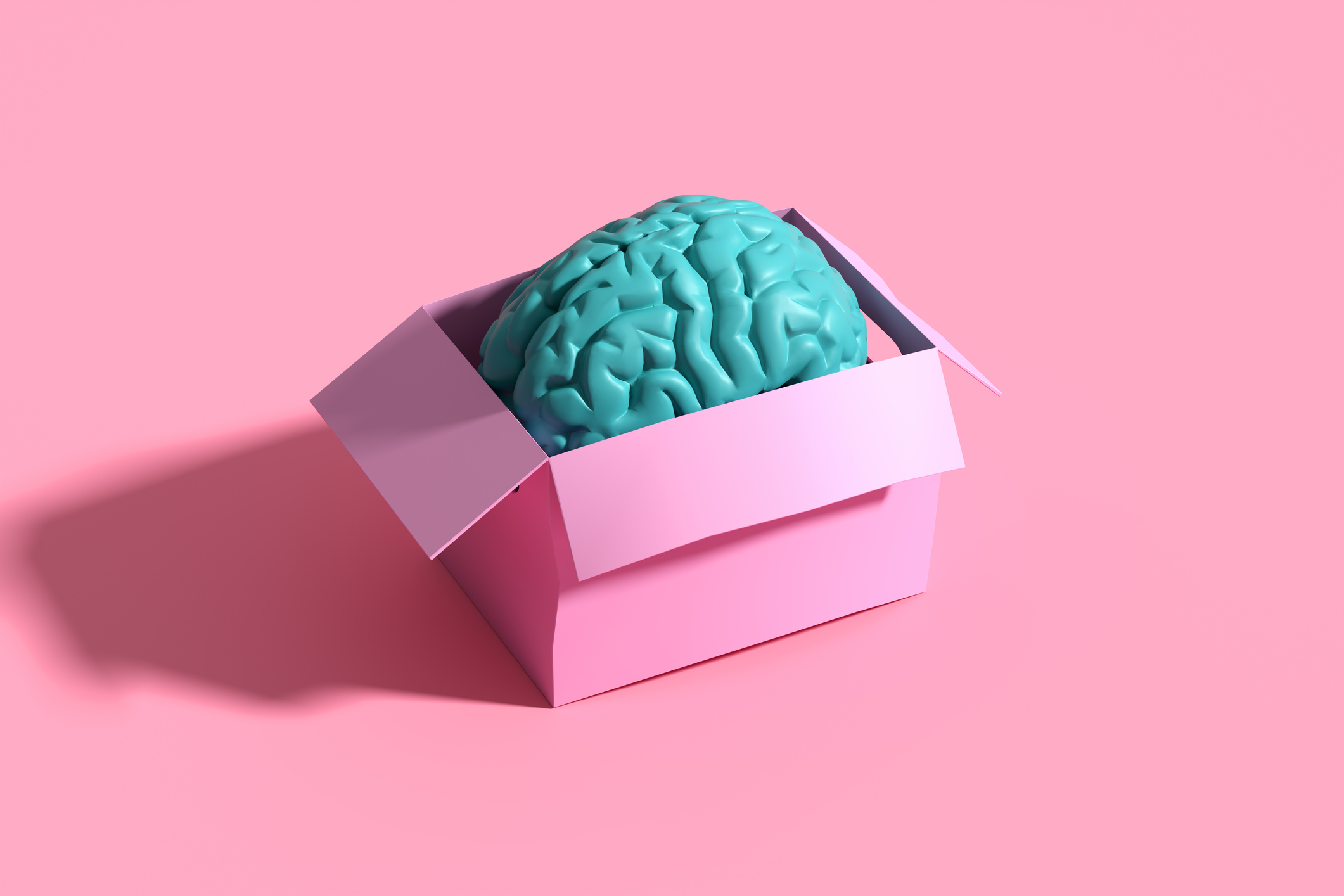Get Easy Health Digest™ in your inbox and don’t miss a thing when you subscribe today. Plus, get the free bonus report, Mother Nature’s Tips, Tricks and Remedies for Cholesterol, Blood Pressure & Blood Sugar as my way of saying welcome to the community!
Choline: Breaking barriers in Alzheimer’s prevention

Choline is a vitamin-like nutrient essential for brain development.
Without enough choline in your diet (400-500mg a day), your neurons can’t send signals to each other to regulate your memory, your mood, or your bodily processes, both voluntary (like walking) and involuntary (like breathing).
Once this breakdown in communication starts, neurodegenerative diseases like Parkinson’s and Alzheimer’s often aren’t far behind.
Researchers have identified the underlying cause of this phenomenon and choline’s potential to break down barriers in treating neurodegenerative diseases…
How choline crosses the blood-brain barrier
The blood-brain barrier is a layer of specialized cells that separates the blood from the brain. It prevents toxic molecules in the blood from reaching the brain.
However, since the brain still needs to absorb nutrients from the bloodstream, other specialized cells, called transporters, are present to facilitate their passage across the barrier.
This barrier has always posed a challenge to the delivery of drugs to the brain that treat neurological disorders. But a recent discovery may change that.
Researchers at the University of Queensland in Australia have found that choline is transported across the barrier by “hiding out” inside a protein molecule known as FLVCR2.
If drugs that mimic choline can be developed, then they, too, can sneak across the blood-brain barrier. This could be a breakthrough in the treatment of neurological diseases.
Choline lowers the odds of Alzheimer’s
While this discovery is indeed important, it may be some time before new drugs are developed that can reach the brain like choline.
In the meantime, you’re passing up the chance to reduce your own Alzheimer’s risk if you’re not consuming sources of choline in your diet.
But not only that. Choline seems to have an intergenerational effect.
If you have children or grandchildren who are still trying to get pregnant, telling them what you know about choline could help protect your grandchildren from Alzheimer’s, too.
Choline’s ability to safeguard memory is primarily because it’s a precursor to the neurotransmitter acetylcholine. A deficiency in acetylcholine will cause difficulty with word recall when speaking, as well as memory problems and learning difficulties.
Certain drugs can interfere with acetylcholine, such as those used to treat colds, bladder leaks and Parkinson’s.
Also, in experiments with mice (whose nervous systems are organized very much like ours), choline had two significant effects:
- It reduced levels of homocysteine in the brain. Homocysteine is a neurotoxic amino acid. People with elevated levels have double the risk of developing Alzheimer’s.
- It lowered the number of microglia activated in the brain. The job of microglia is to clear away brain debris, but in the case of Alzheimer’s, they get a little overenthusiastic about it, triggering brain inflammation that kills brain cells.
Making use of choline
Your liver produces some choline, but not as much as you need. So, you need to get choline in your diet too. The problem is, most people aren’t getting enough…
Dietary surveys in North America, Australia, and Europe show that most people aren’t meeting the intake recommendations. On top of that, more people are becoming vegetarian and vegan. These diets tend to be lower in choline because animal products are the richest sources.
The US Institute of Medicine recommends 425 mg per day for women to 550 mg per day for men. Pregnant and breastfeeding women should get a little more. Pregnant women should get 450 mg per day, and breastfeeding women should get 550 mg per day.
Now, if you’re not vegetarian or vegan, you can get plenty of choline from meat, eggs, fish or dairy. If you are following a plant-based lifestyle, you have to focus on other foods, like:
- Soymilk (1 cup contains 57 mg)
- Tofu (1/2 cup contains 35 mg)
- Roasted edamame (1/2 cup contains 44 mg)
- Peanut butter (2 tablespoons contains 20 mg)
- Dry roasted pistachios (1/4 cup contains 22 mg)
- Dry roasted almonds (1/4 cup contains 18 mg)
- Quinoa (1 cup cooked contains 42 mg)
- Oats (1 cup cooked contains 17 mg)
- Pinto beans (1/2 cup boiled contains 30 mg)
- Green peas (1/2 cup boiled contains 22 mg)
- Artichoke (1/2 a medium artichoke cooked contains 21 mg)
- Asparagus (1/2 cup boiled contains 23 mg)
- Brussels sprouts (1/2 cup boiled contains 32 mg)
- Cauliflower (1/2 cup boiled contains 24 mg)
- Broccoli (1/2 cup boiled contains 31 mg)
- Potatoes (1 medium potato baked contains 22 mg)
- Collard greens (1/2 cup raw contains 30 mg)
- Oranges (1 large orange contains 15 mg)
Make sure to include several servings of these choline-rich foods at every meal.
Editor’s note: Are you feeling unusually tired? You may think this is normal aging, but the problem could be your master hormone. When it’s not working, your risk of age-related diseases skyrockets. To reset what many call “the trigger for all disease” and live better, longer, click here to discover The Insulin Factor: How to Repair Your Body’s Master Controller and Conquer Chronic Disease!
Sources:
Nutrient research reveals pathway for treating brain disorders — Eureka Alert
Structural and molecular basis of choline uptake into the brain by FLVCR2 — Nature
Study explores effects of dietary choline deficiency on neurologic, systemwide health — Arizona State University
Polyphenols journey through blood-brain barrier towards neuronal protection — Scientific Reports
Healthy Foods High in Polyphenols — Web MD














